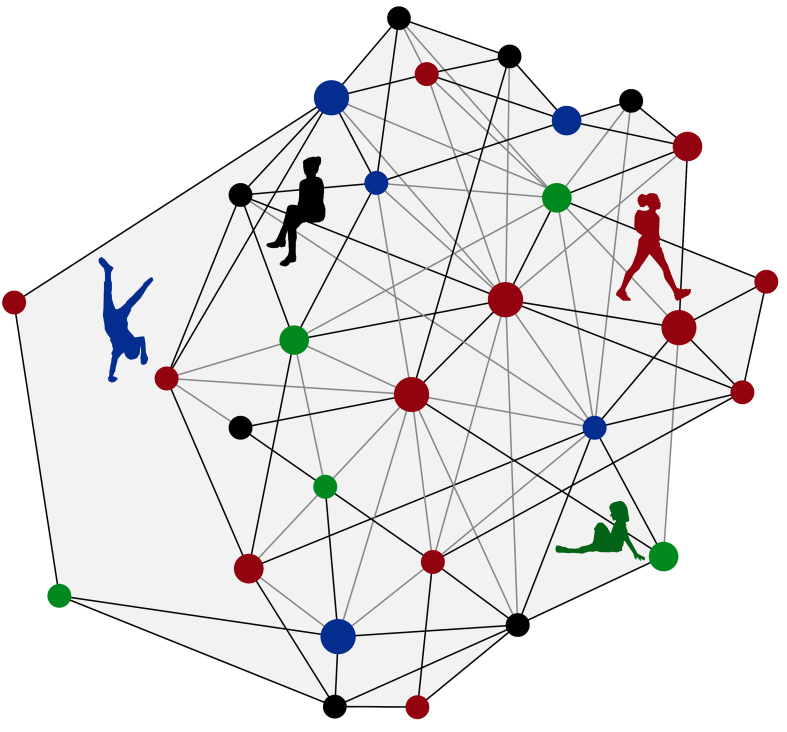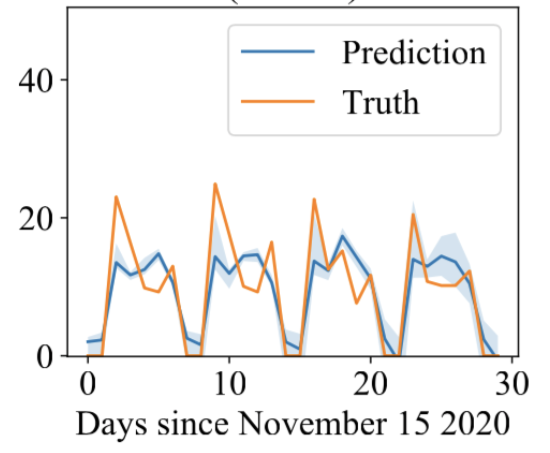GROUP AIM
Our research group is part of the Automated Design of Algorithms (ADA) embedded in the Leiden Institute of Advanced Computer Sciences (LIACS) at Leiden University. We aim to design algorithms for effectively processing spatial, time-series and spatio-temporal data. In principle, every process around us is spatio-temporal, as we can attach time and space to it. Spatio-temporal datasets represent the development of these processes by sampling them in time and space. Modern sensing technologies such as Earth Observation satellites, GPS, or wearables sensors have allowed the collecting such datasets at large scales. We explore the design of algorithms that can automatically handle all necessary data processing tasks from the point of data collection to high-level modelling, extraction of information, and effective decision-making from such data. Our research targets complex applications in a broad range of urban, environmental, and industrial domains. We strongly focus on developing algorithms for wearables data, Earth observations and open spatio-temporal data sources. Find more about our new initiative AutoAI4EO, where we push for advancing machine learning algorithms for Earth observations.





